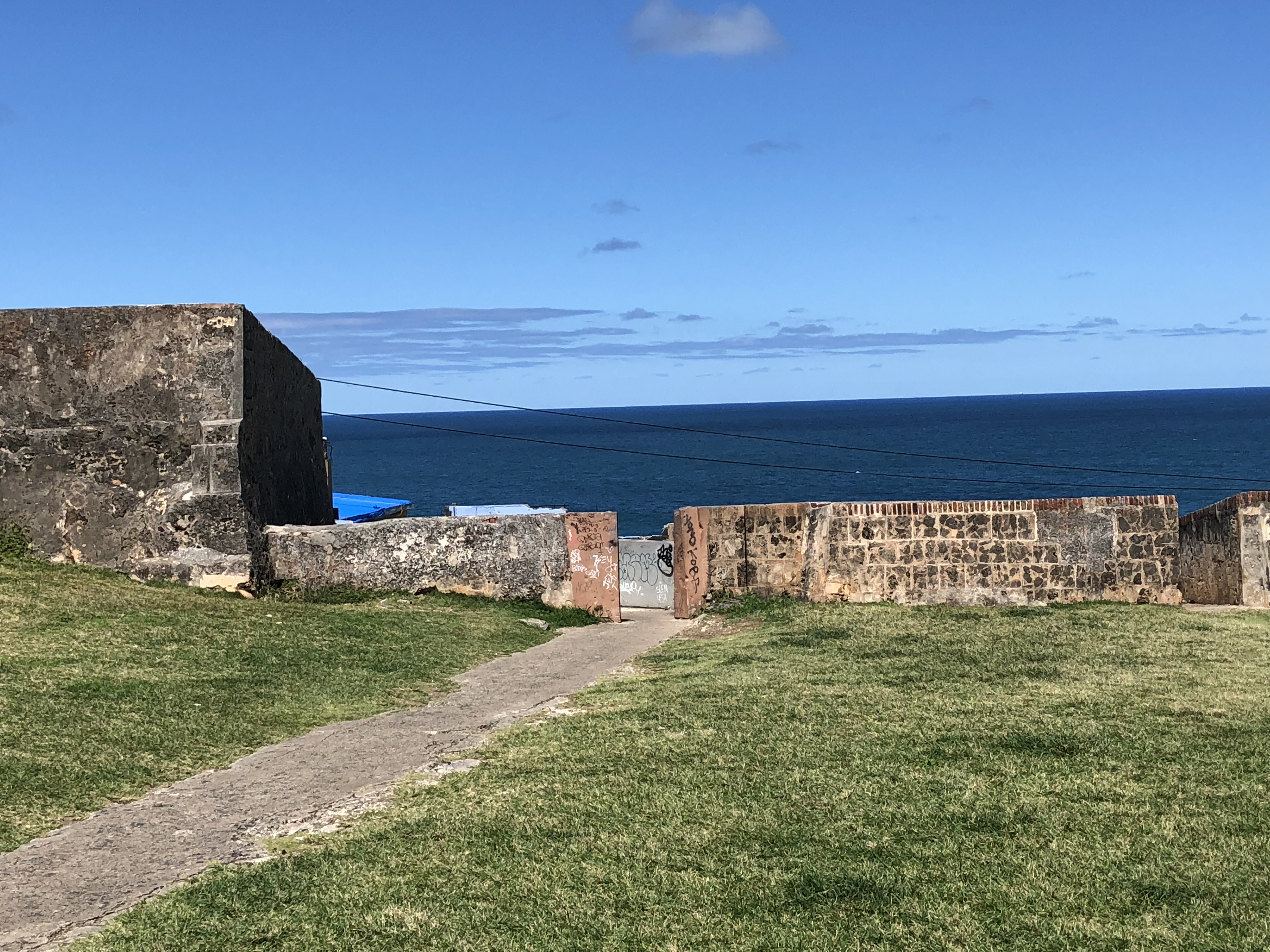Act 20 – Act 22 – Act 27 – Act 73 – Act 273 – EB5
Puerto Rico, officially the Commonwealth of Puerto Rico, is a self- governing, territory of the United States, located in the northeastern Caribbean, east of the Dominican Republic and west of both the US Virgin Islands and the British Virgin Islands.
The government of Puerto Rico is composed of three branches: the executive, legislative, and judicial branch. The executive branch is headed by the governor. The legislative branch consists of a Legislative Assembly, made up of a Senate as its upper chamber and a House of Representatives as its lower chamber. The Senate is headed by the President of the Senate, while the House of Representatives is headed by the Speaker of the House. The governor and legislators are elected by popular vote every four years.
Puerto Rico has authority over its internal affairs unless US law is involved. The major differences between Puerto Rico and the 50 states are exemptions from some aspects of the Internal Revenue Code, its lack of voting representation, and the ineligibility of Puerto Ricans to vote in presidential elections.
The island is divided into 78 municipalities (counties/cities) with various degrees of autonomy from the central government. San Juan is the capital and most populated municipality, combined with nine other municipalities which form the San Juan Metropolitan Area. Within the 78 municipalities, 4 are considered major cities.
The island has been part of the U.S. since 1898 and those born in Puerto Rico have been citizens of the U.S. since 1917. Yet, because Puerto Rico is not a state, federal taxes do not apply generally to income generated by individuals or corporations within the Commonwealth. Puerto Rico corporations are treated for federal tax purposes as foreign corporations and are not generally subject to U.S. corporate taxes. Individual bona-fide residents of Puerto Rico are not subject to federal taxes on income derived from Puerto Rico sources. In addition, Puerto Rico has provided incentives for manufacturing operations for over four decades. Products manufactured in Puerto Rico will carry the Made in USA label.
In 2008, a new Economic Incentives Act for the Development of Puerto Rico (herein after, Act 73 or Economic Incentives Act) went into effect. Also during the year 2012, two additional laws were enacted: Act 20 and Act 22, promoting the export of services from Puerto Rico and the transfer of wealthy individuals to Puerto Rico. These new laws established a legal framework of incentives designed to stimulate the establishment and development of a wide array of ventures, among them manufacturing, social media, other internet-based operations, commercial businesses, and the export of services.
Contact us anytime for an introduction to a top Puerto Rico Tax Consultant, who will guide you through the incentives applicable to your company.
To help you navigate this section, to your left are brief overviews of Puerto Rico’s Tax Incentives.

